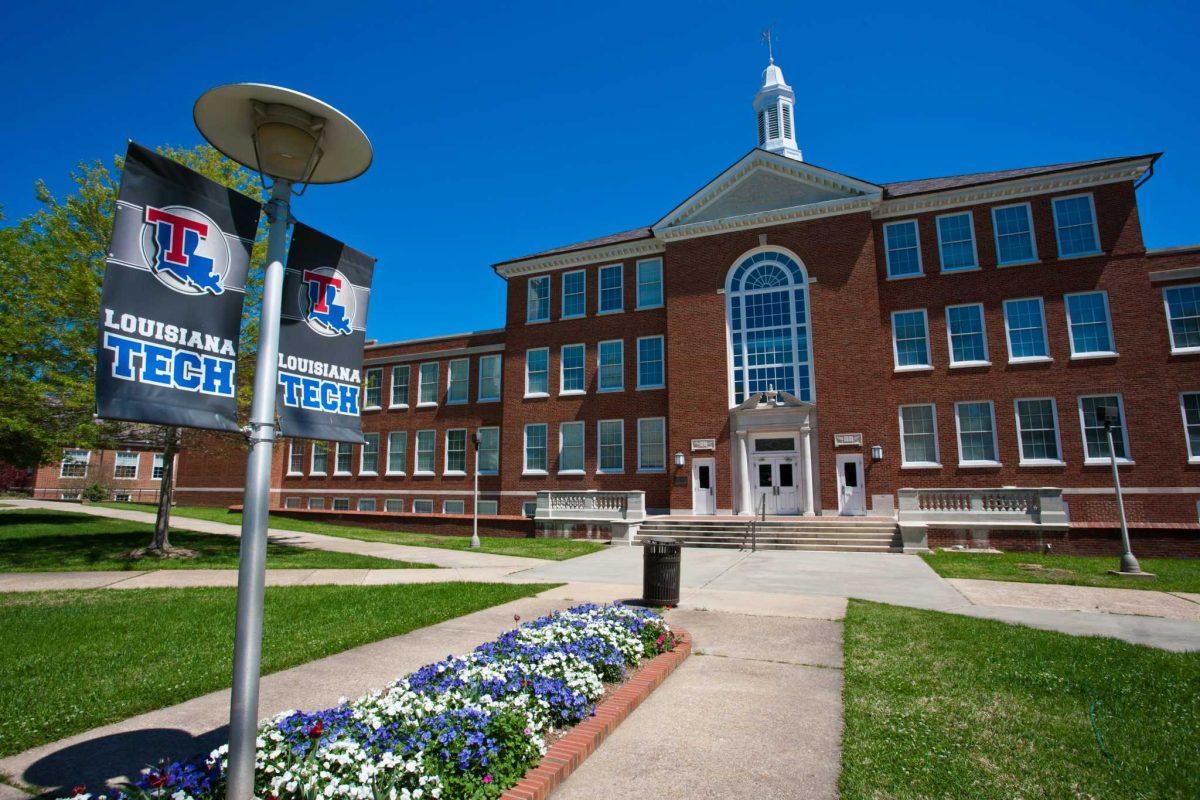An attorney representing the University of Louisiana System in a lawsuit from a former student wants a court to force a journalist to turn over their communications that weren’t included in a published report. The system also wants to force the reporter to divulge information in court about what his source shared regarding sexual assault allegations.
The journalist, USA Today investigative reporter Kenny Jacoby, has published a series of blockbuster investigations into Title IX failures at Louisiana universities, including within the UL System and at LSU. The section of federal civil rights law prohibits sex-based discrimination in education.
Jacoby’s award-winning investigative reporting on Louisiana’s institutions of higher education has been cited by numerous policy makers during years of high-level discussions on reforming how schools respond to and prevent sexual misconduct.
“I think that anytime a government agency, including a school like UL, sends a subpoena for a reporter, it should be the exception, and a really narrow exception at that,” First Amendment attorney Scott Sternberg said.
The subpoenas, issued in October and November 2023, are related to Doe v. Board of Supervisors, a case in which a former Louisiana Tech student sued the UL System, LSU and Lafayette City-Parish Consolidated Government. Her lawsuit was filed after her accused rapist was permitted to transfer from LSU to the University of Louisiana at Lafayette and then Louisiana Tech despite numerous sexual assault allegations against him. None of the campuses where his incidents were reported communicated with other schools about it, according to the lawsuit, constituting a violation of state law.
Victor Daniel Silva transferred from LSU weeks after being accused of sexual assault, but the lawsuit notes the university did not disclose that information to his new university, UL Lafayette. There, police records show he was arrested for sexual assault the same year and accused of sexual assault by three women over the next three years, before he transferred to Louisiana Tech. University officials in Ruston declined to investigate sexual assault allegations against him, as he dropped out after being reported, according to the lawsuit. Despite the arrest and allegations, Silva has never been charged with a sex crime, Jacoby reported.
Jacoby’s investigation into Silva — and the universities that did not follow a state law that required them to communicate about sexual misconduct — involved interviews with seven women who accused Silva of assault, as well as university officials, police officers, prosecutors, lawmakers and a deep dive into numerous pages of public records.
Sternberg pointed out there are some cases where a reporter can be subpoenaed, but they are extremely rare, especially when it comes to unpublished information, as is the case with Jacoby. Two subpoenas were issued against him, one for communications with Doe, the plaintiff’s pseudonym, and one for him to testify about his communications with the student.
A judge quashed the first subpoena for the communications between Jacoby and his source last month, but the subpoena for him to testify is still pending.
Jacoby declined to be interviewed for this story because of the pending subpoena but shared some of his concerns in an affidavit filed in the case.
“As a journalist, I have ethical obligations to my sources,” Jacoby wrote. “It is an essential aspect of my job to build trust with sources, even more so for highly sensitive subject matter like sexual assault. I would not be able to do my job as an investigative reporter if sources did not believe that I would honor my confidentiality agreements. To me, this is both a legal matter and a matter of principle.”
The fact that a judge has already ruled against one of the subpoena raises concerns for the validity of the other, Sternberg said.
“The judge has already quashed one subpoena, and i’d be interested to see if a governmental agency can justify sending a subpoena to a reporter, not just any reporter, a reporter who did a really consequential story… to send that reporter a subpoena, is a very consequential decision, so I’ll be interested to see what the judge says next,” Sternberg said.
Subpoenas against reporters are sometimes necessary when it is the only way information pivotal to a case can be brought to light. The first subpoena was quashed because the student had already provided her text messages with Jacoby, and an attorney representing the UL System could not provide more reason than speculation for arguing the information provided was insufficient, U.S. Magistrate Judge Allison Claire wrote in her opinion.
Jim Henderson, president of the UL System at the time the subpoenas were issued, pointed out attorneys handling the case were assigned by the Louisiana Department of Justice to represent the state Office of Risk Management and were not system attorneys.
“I don’t question the legal strategy of the attorneys that were assigned to us,” Henderson said. “Attorneys will frequently seek information in a variety of ways, and it’s part of the judicial process where courts will weigh in on that and determine whether a particular request is appropriate or not. And that’s the beauty of our legal system.”
Still, Henderson, himself a former journalist, was sensitive to the press freedom concerns, especially in light of the system’s role in educating Louisiana’s future journalists.
“Certainly press freedom is important to the work of journalism in a broad sense,” Henderson said. “And, you know, from an academic perspective and certainly from a professional perspective, I have always been a proponent of that.”
University of Louisiana System subpoenas journalist’s communications in Title IX lawsuit
January 24, 2024





